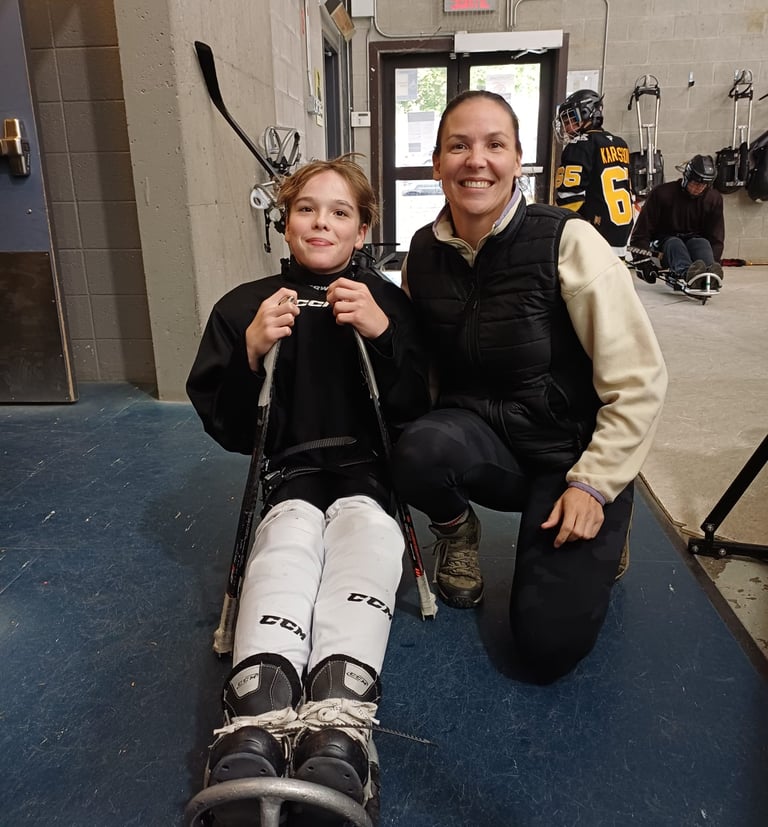From Experience to Innovation
At PhantasiAI, we believe that innovation begins by listening.
These are the voices of those who move — individuals rebuilding strength, athletes pushing limits, and professionals guiding recovery and performance every day.
Their experiences, insights, and stories shape the way we design our technology: human-first, adaptive, and inspired by real-world challenges.
Therapists & Experts
Clinical insights, challenges in current practice, and what they expect from intelligent tools.
“Digital health can reduce waiting times and improve quality of life by delivering the right treatment at the right time.”
Fernanda Pereira - Physical therapist & PhD candidate, McGill University

“AI technology must go beyond research — it needs to be integrated into real-life practice to truly help patients and professionals.”
Fernanda Pereira - Physical therapist & PhD candidate, McGill University

Patients & Caregivers
Life stories, challenges, and how they view AI in rehab.
“AI has limitless potential — as long as it’s proven, ethical, and transparent.”
Shawn - Parahockey player on Canada's national team

“The most essential feature of assistive AI is true personalization — a platform adapted to me.”
Saoud Messaoudi - Software engineering student and parahockey player

“AI could go beyond medication — offering personalized, daily support to manage phantom pain.”
Julie Whissell - Amputee since 2023

Sonia & Milan – A Journey Toward Independence
Sonia is the mother of Milan, a 14-year-old boy with cerebral palsy. From an early age, Milan underwent conventional physiotherapy, later transitioning to Medek therapy, which focuses on strengthening functional movement, balance, and posture. At age four, he underwent selective rhizotomy surgery at the Montreal Children’s Hospital, a procedure that eliminated the stiffness in his legs and allowed his muscles to finally engage. Since then, Milan has continued progressing — walking with Canadian crutches and actively participating in para-hockey.
At home, motivation can sometimes be challenging, but Sonia emphasizes the importance of interaction, feedback, and progress tracking to maintain engagement: “If we could have a tool that gives a score or shows improvement, that would motivate both the parent and the child… especially since he wants to push his limits.”
Her main hopes for technology like PhantasiAI's prototype are simple yet profound: “Independence and hope. Milan is still progressing, and with the right support, I believe he will walk on his own.”
For families like Sonia’s, every innovation that strengthens motivation and functional ability brings rehabilitation closer to everyday life — and to independence.


Empowering every person to reach their full potential through AI-driven rehabilitation.
© 2025. PhantasiAI. All rights reserved.
Quick Links
Legal
